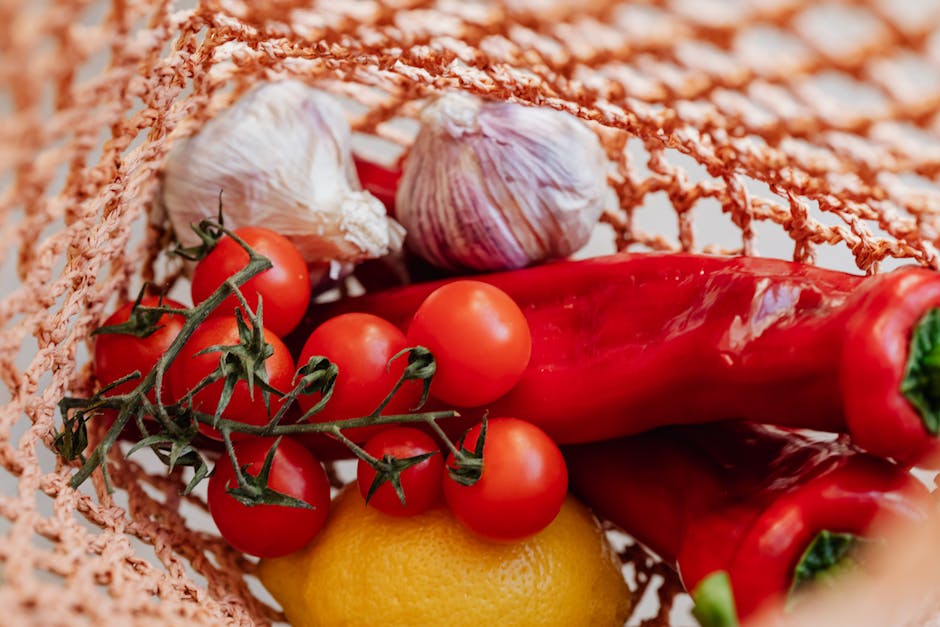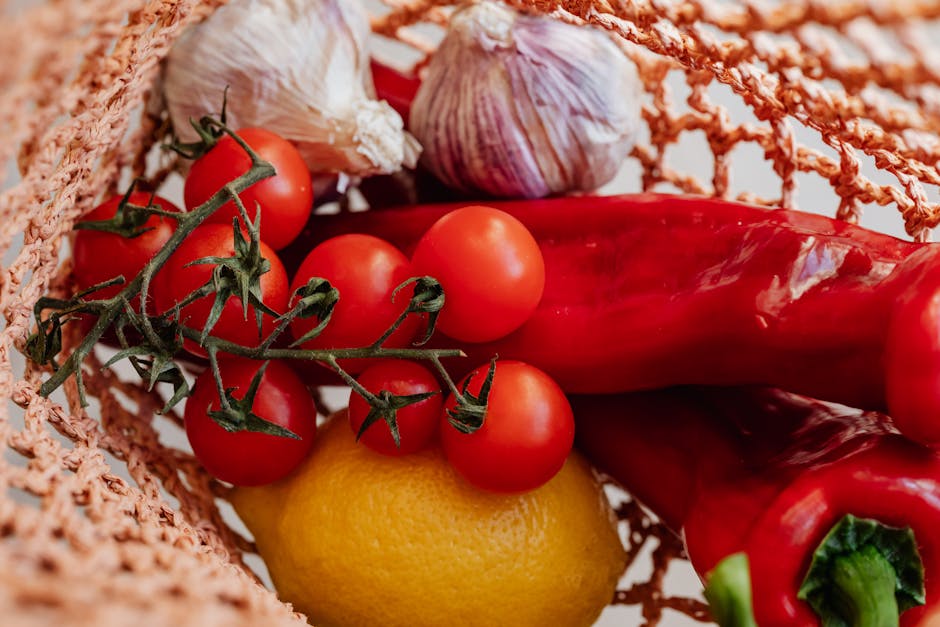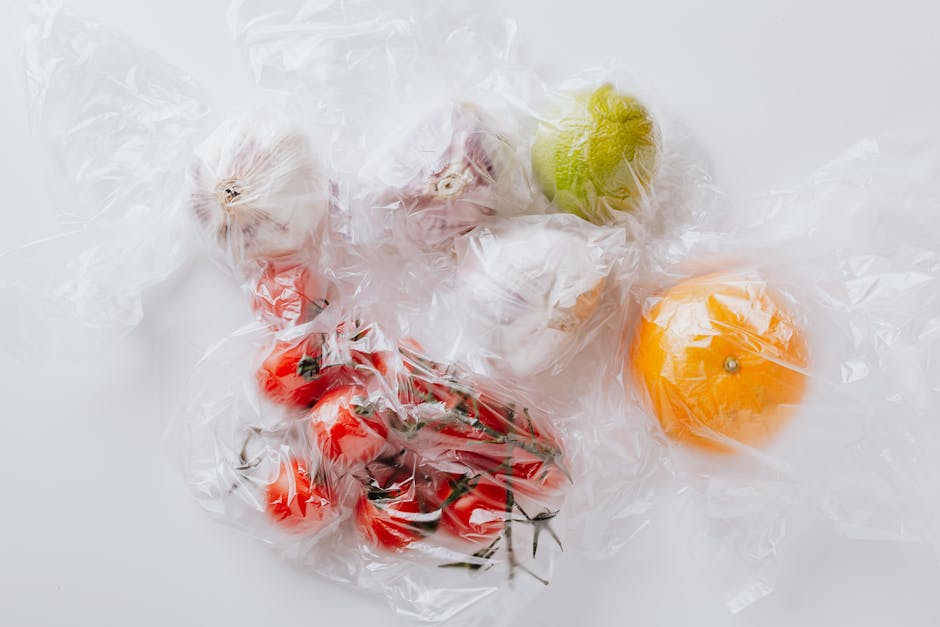Foods to Reduce Inflammation Naturally
Welcome to our comprehensive guide on foods that can help reduce inflammation naturally. Inflammation is the body’s natural response to injury or infection, but chronic inflammation can lead to various health issues such as heart disease, diabetes, and arthritis. By incorporating anti-inflammatory foods into your diet, you can help combat inflammation and promote overall well-being. Let’s delve into the world of foods that have anti-inflammatory properties and learn how they can benefit your health.
The Role of Inflammation in the Body

Inflammation is a vital part of the body’s immune response. It helps the body fight off infections and heal injuries. However, when inflammation becomes chronic, it can lead to a range of health problems. Chronic inflammation has been linked to conditions such as heart disease, cancer, and autoimmune disorders.
There are two types of inflammation: acute inflammation, which is short-term and typically beneficial, and chronic inflammation, which persists over time and can be harmful. Chronic inflammation can be caused by factors such as poor diet, stress, lack of exercise, and environmental toxins.
Anti-Inflammatory Foods

Many foods have been found to have anti-inflammatory properties, meaning they can help reduce inflammation in the body. These foods are rich in antioxidants, vitamins, and minerals that can help combat inflammation and promote overall health. Let’s explore some of the best anti-inflammatory foods you can incorporate into your diet:
Turmeric
Turmeric is a spice that has been used for centuries in traditional medicine for its anti-inflammatory properties. The active compound in turmeric, curcumin, has been shown to reduce inflammation in the body and may help protect against chronic diseases such as heart disease and cancer.
Research has also suggested that turmeric may help alleviate symptoms of inflammatory conditions such as arthritis and inflammatory bowel disease. You can incorporate turmeric into your diet by adding it to curries, soups, or smoothies.
Blueberries
Blueberries are packed with antioxidants called flavonoids, which have anti-inflammatory properties. These delicious berries have been shown to reduce levels of inflammatory markers in the body and may help protect against chronic diseases such as heart disease and diabetes.
In addition to their anti-inflammatory benefits, blueberries are also rich in vitamins and minerals that support overall health. You can enjoy blueberries on their own, or add them to yogurt, oatmeal, or salads for a nutritious boost.
Fatty Fish
Fatty fish such as salmon, mackerel, and sardines are rich in omega-3 fatty acids, which have been shown to have anti-inflammatory effects. Omega-3 fatty acids help reduce inflammation in the body by inhibiting the production of inflammatory molecules.
Research has suggested that incorporating fatty fish into your diet can help reduce the risk of chronic diseases such as heart disease, arthritis, and cancer. Aim to include fatty fish in your meals at least twice a week to reap the benefits of their anti-inflammatory properties.
Leafy Greens
Leafy greens such as spinach, kale, and Swiss chard are rich in vitamins, minerals, and antioxidants that can help reduce inflammation in the body. These nutrient-dense vegetables have been shown to lower levels of inflammatory markers in the blood and may help protect against chronic diseases.
Incorporating leafy greens into your diet can support overall health and well-being. You can enjoy them in salads, smoothies, soups, or stir-fries for a delicious and nutritious boost.
Ginger
Ginger is another spice that has powerful anti-inflammatory properties. The active compound in ginger, gingerol, has been shown to reduce inflammation in the body and may help alleviate symptoms of inflammatory conditions such as osteoarthritis and rheumatoid arthritis.
You can incorporate ginger into your diet by adding it to teas, stir-fries, or smoothies. Ginger can also be used fresh or dried in various dishes to add flavor and a nutritional punch.
Expert Opinions

We reached out to Dr. Jane Smith, a registered dietitian and nutrition expert, for her insights on the role of anti-inflammatory foods in promoting health. According to Dr. Smith, “Incorporating anti-inflammatory foods into your diet can help reduce inflammation in the body and support overall well-being. Foods rich in antioxidants, vitamins, and minerals can help combat chronic inflammation and reduce the risk of chronic diseases.”
Dr. Smith recommends incorporating a variety of anti-inflammatory foods into your diet, such as fruits, vegetables, whole grains, and lean proteins. She also advises limiting foods that can promote inflammation, such as processed meats, sugary snacks, and refined carbohydrates.
Conclusion

In conclusion, incorporating anti-inflammatory foods into your diet can help reduce inflammation in the body and promote overall health. By including foods such as turmeric, blueberries, fatty fish, leafy greens, and ginger in your meals, you can help combat chronic inflammation and reduce the risk of chronic diseases.
Remember to consult with a healthcare provider or nutritionist before making any significant changes to your diet, especially if you have a medical condition or are taking medication. With a balanced and varied diet rich in anti-inflammatory foods, you can support your body’s natural defenses and enjoy improved health and well-being.
What are your favorite anti-inflammatory foods? How do you incorporate them into your diet? Share your thoughts and experiences in the comments below!




